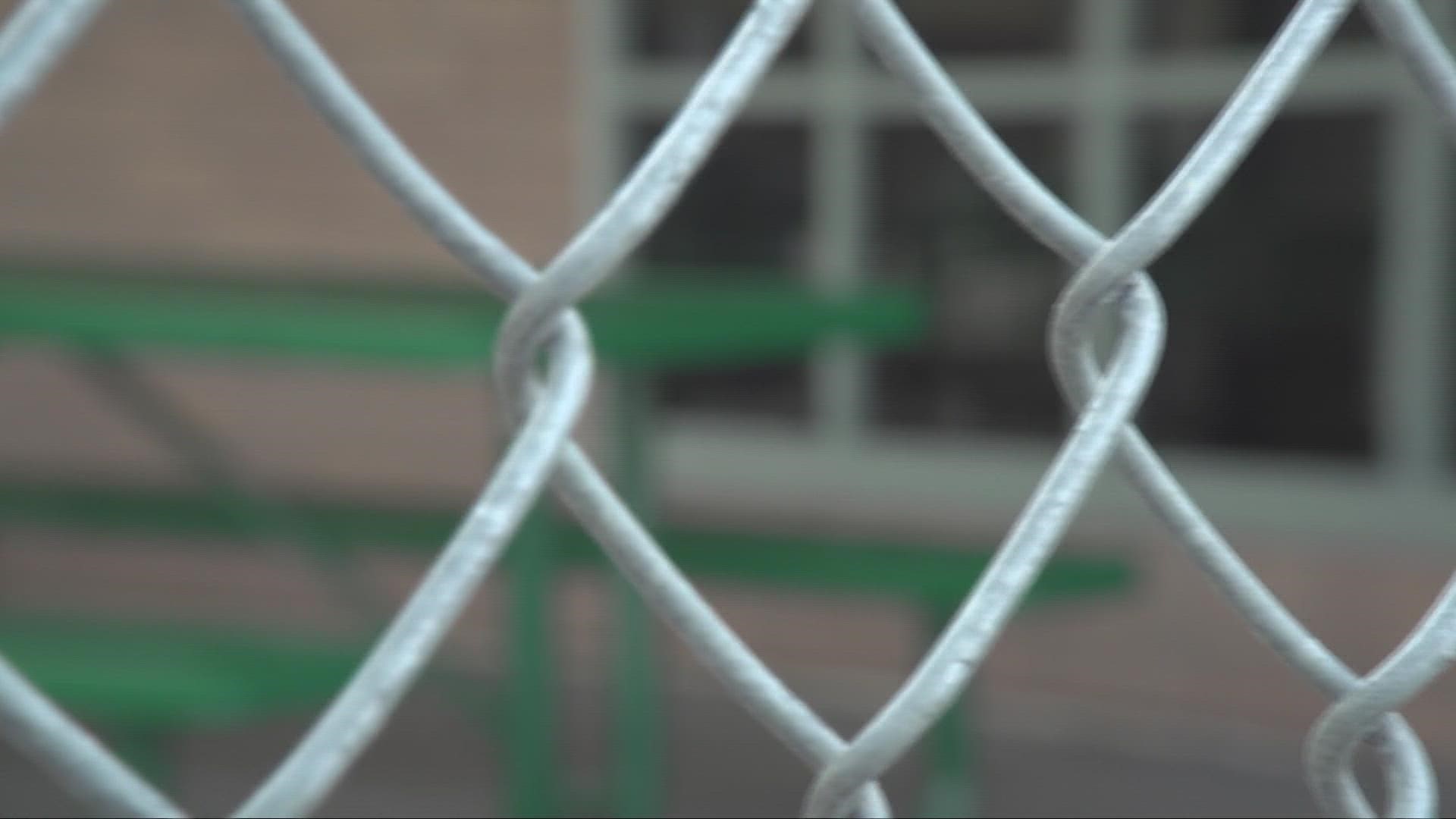ELK GROVE, Calif. — The nationwide teacher shortage is impacting all areas of schools, including special education.
A shortage of special education teachers led California’s fifth-largest school district – Elk Grove Unified School District (EGUSD) – to make a last-minute staffing decision that has caused an upset among teachers and parents.
“We entered the year with an abundance of teachers, who are all newly hired…over about 260,” Elk Grove USD Spokesperson Xanthi Soriano told ABC10. “But then going closer into the start of the year, we looked at enrollment, we looked at classes and we looked at needs for students - especially with our special education students - and we saw that there was an increased need.”
After the height of the pandemic, she said, Elk Grove USD saw its special education student population growth, leaving the district with an unexpected shortage of about two dozen special education classroom teachers.
“Unfortunately, this is right before the start of the year, which is very regrettable to have to make a change and pivot at the last minute,” Soriano said. “But it was something that was important. Our priority is to make sure that students have teachers in the classroom.”
So what did the district decide that has upset these parents and teachers?
Elk Grove Unified had 31 special education teachers serve as “inclusive education specialists,” who worked on a broad level to help coordinate services for the students they served.
FOLLOW To The Point:
► Follow Alex on Facebook and Instagram
► See all of To The Point stories
► Watch To The Point with Alex Bell every weekday night from 6:30 - 7 p.m.
However, the district informed those teachers on Fri., Aug. 26 they would be filling the special education classroom openings instead.
“Parents just feel steamrolled,” Elk Grove mother Jazzmon Wilson said. “We feel steamrolled that they're unilaterally making a change to remove supports that very vulnerable autistic children need to succeed in the general education program.”
Wilson is a mother to four boys on the autism spectrum. She said her eighth grader in Elk Grove USD has benefitted from the services coordinated by the inclusive education specialists, and she worries her son going into kindergarten will not have the same good experience now that the district has eliminated this role.
“For my five-year-old, I don't know what's going to happen,” Wilson said. “What they're doing is taking these inclusion specialists away. They're disseminating them into different sites. And so now what you have is, you don't really have one person, kind of, facilitating everything that the child needs.”
Altogether, the district said, the change impacts about 550 students, most of whom are in elementary schools.
Peter Spahr has worked as a special education teacher in Elk Grove Unified for some 20 years
“Are we doing the students a service by - beginning of the year - changing who they rely on?” he asked. “The inclusion specialists are central to their education and all of a sudden they're yanked.”
While the change doesn’t impact his position, Spahr said he’s speaking on behalf of his colleagues who are impacted, who are afraid to speak up for fear of repercussions.
“If you need more staff, you pay your staff properly and you treat your staff with respect,” he said.
Frustrations and concerns have grown among impacted parents and teachers – and their supporters. A week after the district announced the change, some of them protested outside the district offices.
RELATED: Parents protest Elk Grove Unified moving Inclusive Specialists to different Special Ed positions
Troy Flint, the spokesperson for the California School Boards Association, said special education is one of the most difficult areas to staff “because it requires such a specialized skillset and a lot of emotional intelligence in addition to the specific training that's needed to succeed,” he said. “I think something that districts are trying to do is to develop people from different paraprofessional or support roles, who have an understanding of what's needed and get them transitioning to credential so they can help out in special education.”
For the district’s part, Soriano said, leaders had to make a quick decision —and this is the one they chose.
“Any other student who suddenly now has needs, we want to make sure that they get their needs met,” she said.
Wilson, however, said she thinks the district needs to do better.
“It's hard to listen to what the district is saying and take it at face value because of the way that they did it. The manner that they did it does not denote good faith. It denotes, ‘Okay, we have a problem. Let's slap a bandaid on it and try to fix it,’” she said. “But what you did by that is you angered staff. You've alienated staff. You further alienated parents. You've lost trust. And…the children are the ones that lose out in the end.”



















